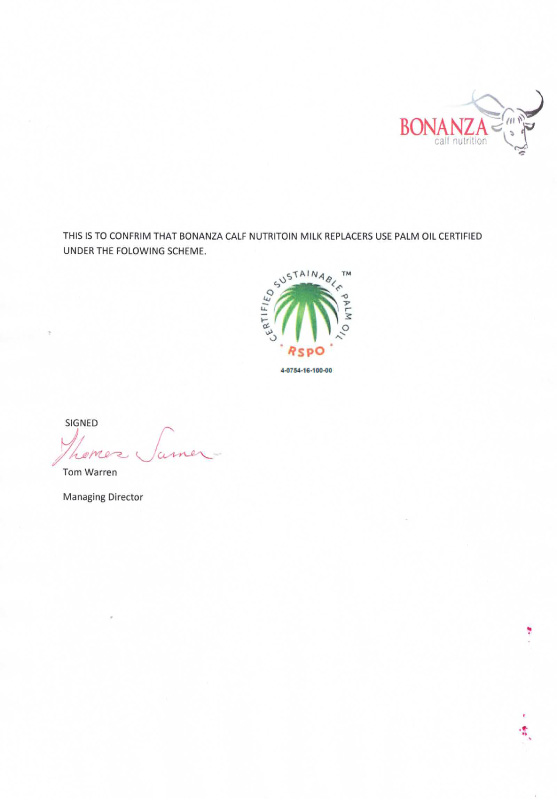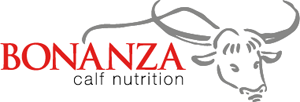Palm oil certification

GENERAL INFORMATION ABOUT RSPO
What is RSPO ?
Is a non-profit association that brings together members of the palm oil industry: producers, refineries, processors, industrialists of agribusiness, distributors, NGOs, retailers, banks and investors
Its goal is to promote growth and use sustainable palm oil through cooperation within the supply chain. To develop and implement global standards regarding sustainable palm oil.
It was created in 2004 following an urgent need for oil sustainable palm.
It is the only certification system for oil from internationally recognized palm.
The missions of the RSPO ?
Ensure the promotion of production practices palm oil to reduce deforestation, to preserve biodiversity, and respect the means of livelihoods of rural communities in countries oil producers.
Where does palm oil come from?
Palm oil comes from the fruit of the palm tree which preferentially grows in a humid tropical climate. It is cultivated in Southeast Asia but also in Africa and in Latin America. Malaysia and Indonesia are the main producers of palm and represent 87% of the world supply.
The oil is simply obtained by pressing the pulp which is 50% oil. This is the yield the most important of all oilseeds. In these countries, millions of people live directly or indirectly from the cultivation of palm oil. In a generation, this culture has enabled these populations to move out of poverty, giving them access to modern infrastructures: road networks, networks health, schools and even hospitals.
“MASS BALANCE” CERTIFICATION
There are several level for RSPO certification. Bonanza, alongside Bonilait, has chosen to subscribe to a application of supply chain controls according to a model called “MASS BALANCE”.
Mass Balance principles
The supply chain model of mass balance allows everyone in the chain supply chain to demonstrate its commitment to the production of sustainable palm oil and promote actively trade certified palm oil by the RSPO.
The mass balance system makes it possible to mix palm oil certified by RSPO or not certified at every stage of the chain supply provided that the quantities company totals are controlled.
Supply chain requirements
The basis of the chain requirements supply for mass balance will consist of the concordance between the quantity of raw material of the purchased RSPO and the quantity of RSPO raw material sold.
This includes the control of purchases and sales of palm oil and its derivatives certified by the RSPO which will be independently verified. There will be no requirement for separate storage or control of production process.
Main rules
– To become a member of the RSPO
– To comply with the various requirements that apply to the RPSO system:
- Raw materials must come from a recognized supplier with the same model of certification that the processor,
- Establish a set of procedures / instructions and records ensuring that all requirements are met,
- Monitor the documentation of the entry and exit of goods,
- Train the operators performing the essential tasks of the system set up …
- Carry out continuous or fixed period accounting of the quantity of entries and exits allowing a balance (1 ton of RSPO MB oil input = 1 ton of RSPO MB oil output). E
Contact us
Bonanza Calf Nutrition
Producers of the renowned Shine range of milk replacers for calves and lambs.
© 2017 Bonanza Calf Nutrition Ltd.
FIND US
